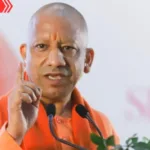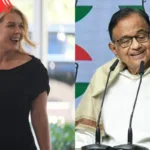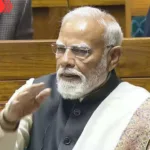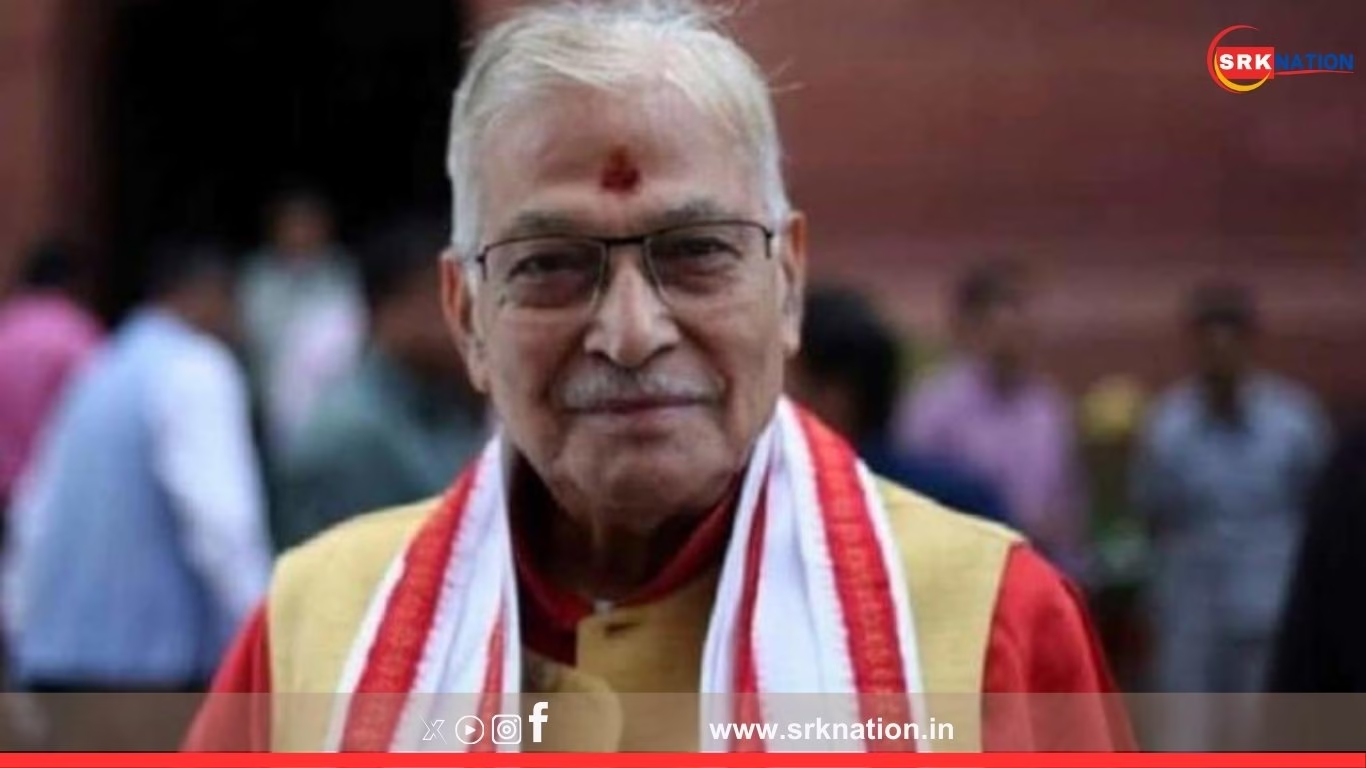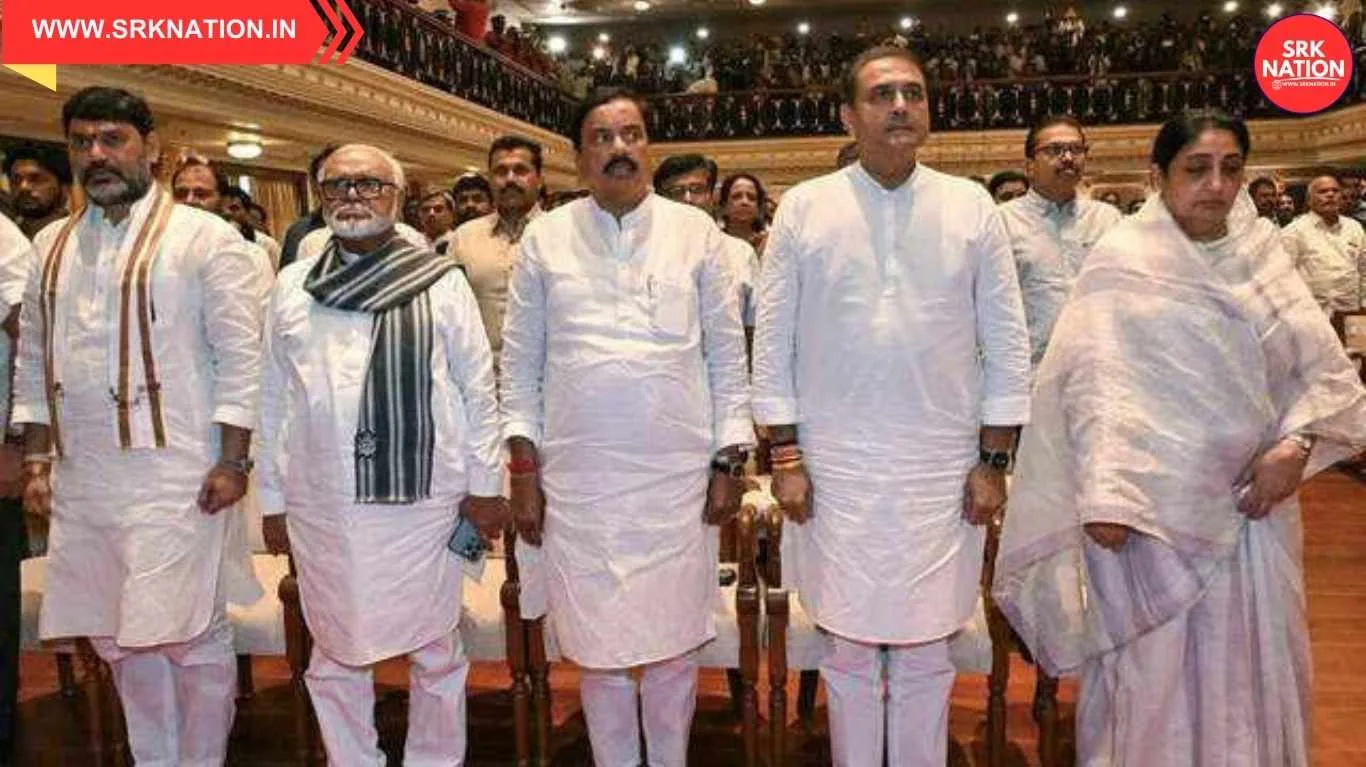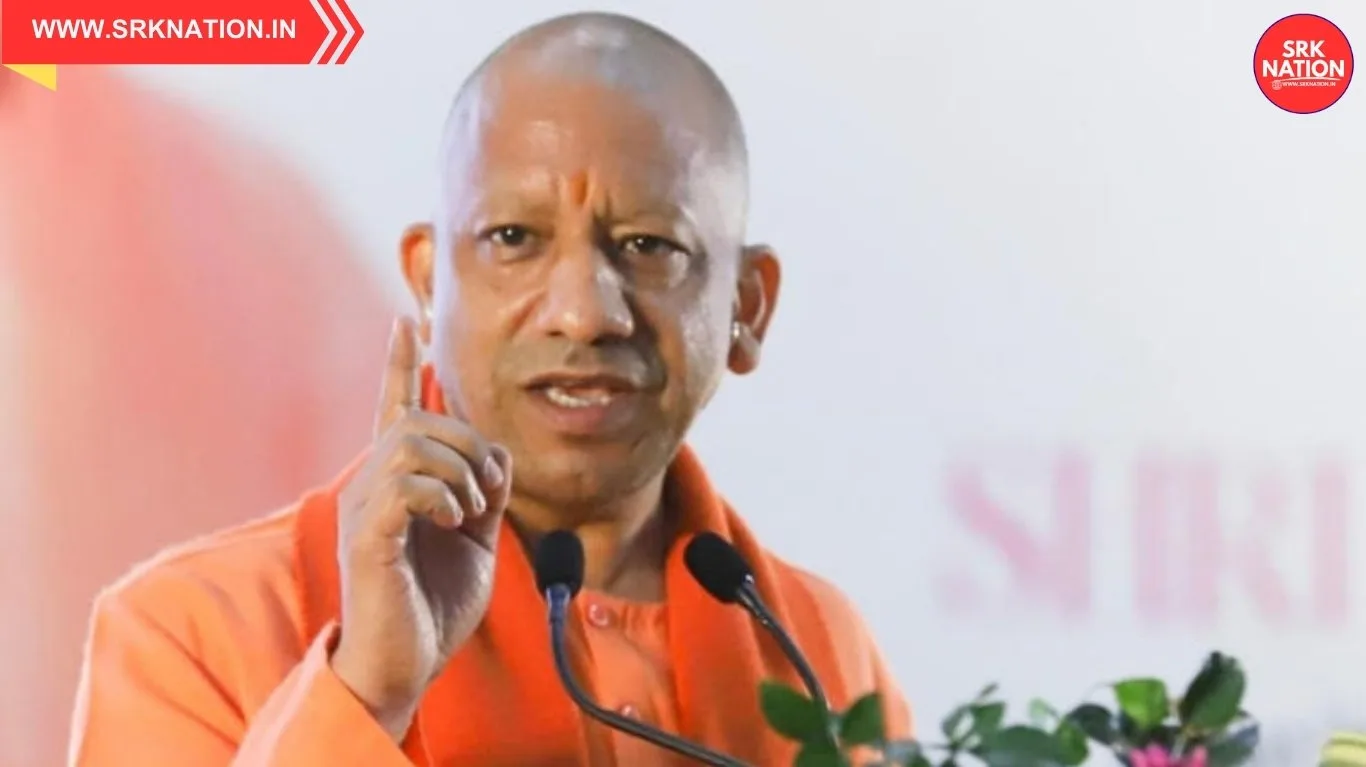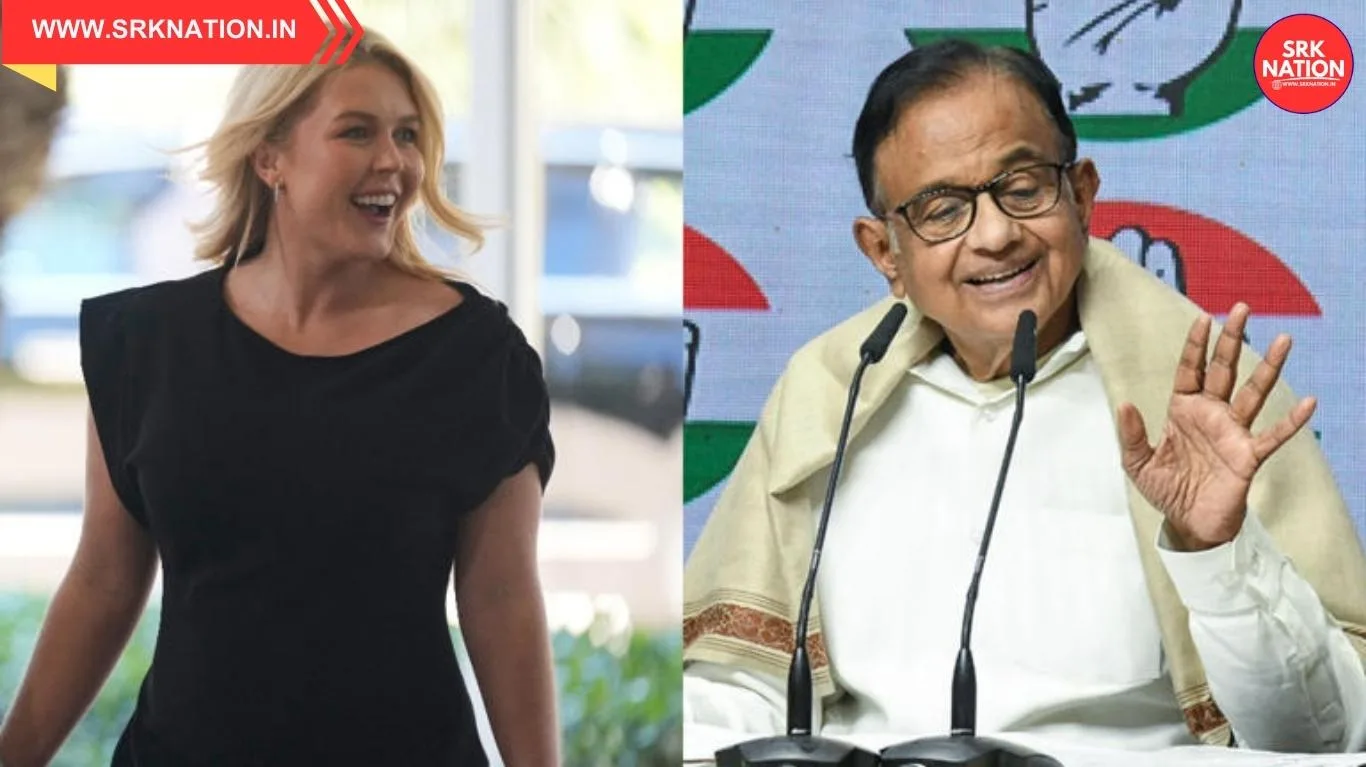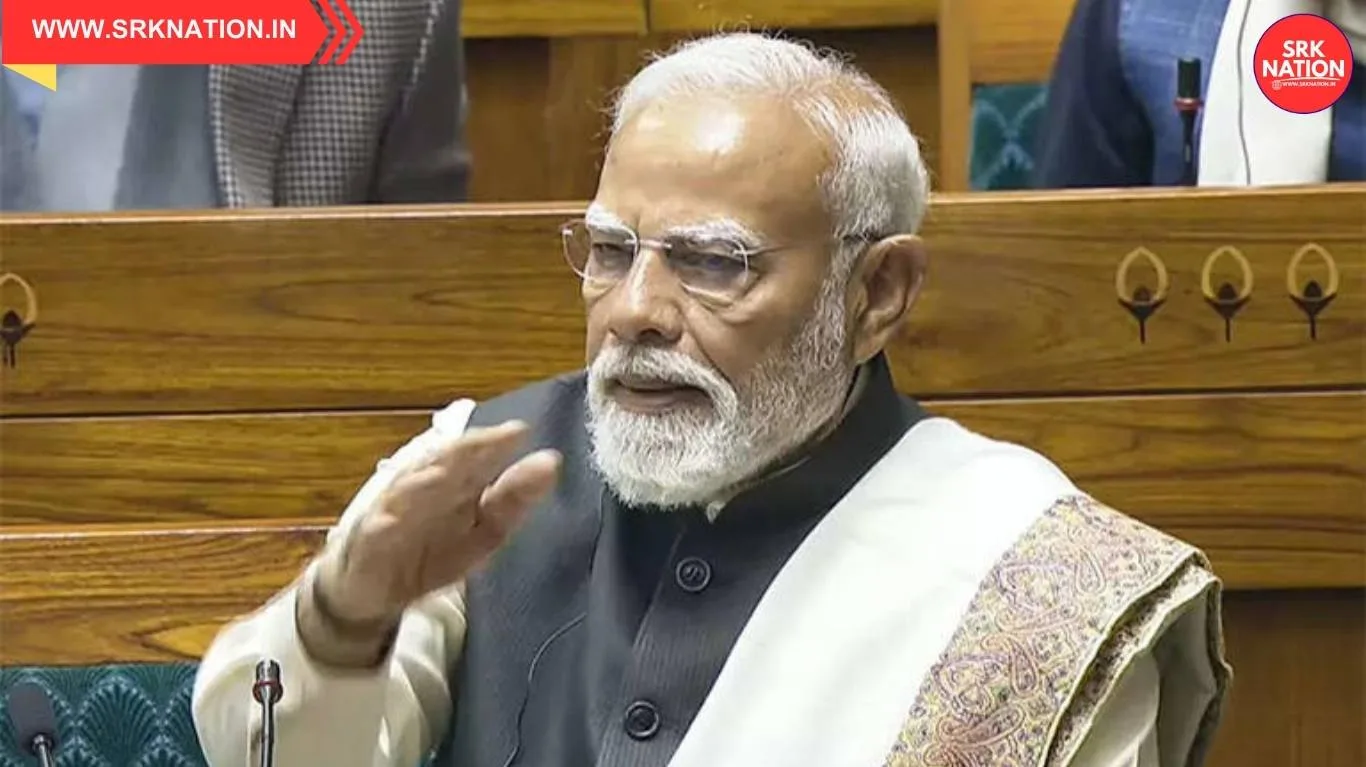In a rare bipartisan appeal, senior BJP leader Murli Manohar Joshi and Congress veteran Karan Singh have jointly written to Chief Justice of India DY Chandrachud and Justice Sanjiv Khanna, urging a “review and recall” of the Supreme Court’s 2021 judgment on the Char Dham highway expansion project. The letter, addressed to CJI Gavai and reportedly submitted on September 25, 2025, calls for a fresh judicial look at the strategic, environmental, and cultural dimensions of the Himalayan infrastructure corridor.
The 2021 judgment had imposed restrictions on the width of roads being constructed under the Char Dham project, citing ecological fragility and landslide risks in Uttarakhand’s mountainous terrain. While the court allowed limited expansion for national security purposes, it also mandated strict environmental safeguards and oversight by a high-powered committee.
Joshi and Singh, both known for their deep engagement with Himalayan development and national security, argue that the judgment, though well-intentioned, has inadvertently hampered critical connectivity to border zones and pilgrimage sites. Their letter reportedly cites recent natural disasters, military logistics challenges, and the need for robust evacuation routes as reasons for judicial reconsideration.
Char Dham Project – Supreme Court Judgment Timeline
| Year | Legal Development | Key Outcome / Directive |
|---|---|---|
| 2018 | PIL filed over ecological concerns | SC admits case |
| 2020 | Interim orders on road width | 5.5m cap imposed |
| 2021 | Final judgment delivered | Road width capped, oversight panel |
| 2022–2024 | Implementation with restrictions | Delays, logistical bottlenecks |
| 2025 | Joshi-Singh letter to CJI | Request for review and recall |
The Char Dham project, launched in 2016, aims to connect Yamunotri, Gangotri, Kedarnath, and Badrinath through an all-weather highway network. While the initiative has been hailed for boosting tourism and strategic mobility, it has also faced criticism from environmentalists and local communities over deforestation, slope destabilization, and cultural erosion.
In their letter, Joshi and Singh reportedly emphasize the need for a “balanced approach” that respects both ecological integrity and national interest. “The Himalayas are sacred, but they are also our shield. We must build with wisdom, not fear,” the letter states.
Char Dham Project – Strategic and Environmental Stakeholders
| Stakeholder / Group | Position on Project | Concerns / Recommendations |
|---|---|---|
| Ministry of Defence | Supports wider roads | Military logistics, border access |
| Environmental NGOs | Oppose aggressive expansion | Landslides, biodiversity loss |
| Local Communities | Mixed views | Jobs vs. displacement |
| Tourism Boards | Support improved connectivity | Pilgrim safety, economic growth |
| Judiciary (2021 judgment) | Imposed width cap | Ecological preservation |
The letter has sparked renewed debate across policy circles, with experts weighing in on the feasibility of revisiting a settled judgment. Legal scholars note that while the Supreme Court rarely recalls its own decisions, exceptions can be made in cases of evolving national interest or new evidence.
Former Attorney General Mukul Rohatgi said, “If the strategic situation has changed, and if the court’s order is impeding national preparedness, a review is not out of bounds. But it must be backed by data and consensus.”
Social media platforms have seen a surge in reactions, with hashtags like #CharDhamReview, #JoshiSinghAppeal, and #HimalayanDevelopment trending across political and environmental forums. While BJP supporters have welcomed the move as “visionary,” green activists have warned against judicial dilution of environmental safeguards.
Public Sentiment – Social Media Buzz on Char Dham Review Appeal
| Platform | Engagement Level | Sentiment (%) | Top Hashtags |
|---|---|---|---|
| Twitter/X | 1.8M mentions | 72% mixed | #CharDhamReview #JoshiSinghAppeal |
| 1.6M interactions | 75% analytical | #HimalayanDevelopment #SCJudgment | |
| 1.4M views | 78% emotional | #SacredMountains #CharDhamDebate | |
| YouTube | 1.2M views | 80% critical | #CharDhamProject #EnvironmentalJustice |
The Supreme Court registry has not yet confirmed receipt of the letter, and it remains unclear whether a formal review petition will be filed. However, sources close to Joshi and Singh suggest that the appeal is part of a broader effort to initiate dialogue between policymakers, judiciary, and civil society.
The Uttarakhand government, which has long advocated for relaxed road norms citing disaster management and pilgrim safety, has welcomed the letter. Chief Minister Pushkar Singh Dhami said, “We thank our senior leaders for raising this issue. The Char Dham project is not just about roads—it’s about resilience.”
Char Dham Corridor – Current Status and Challenges
| Route Segment | Status (as of Sep 2025) | Key Challenges Faced | Strategic Importance |
|---|---|---|---|
| Rishikesh–Gangotri | 70% completed | Landslides, width restrictions | Border access, pilgrim route |
| Rudraprayag–Kedarnath | 85% completed | Terrain instability | Disaster evacuation |
| Joshimath–Badrinath | 60% completed | Delays due to court orders | Military logistics |
| Barkot–Yamunotri | 75% completed | Environmental protests | Tourism, local economy |
As the debate intensifies, the spotlight is now on the Supreme Court’s response and the broader implications for infrastructure development in ecologically sensitive zones. Whether the judiciary will entertain the appeal or uphold its earlier stance remains to be seen—but the conversation has clearly been reignited.
Disclaimer: This article is based on publicly available legal reports, verified media coverage, and official statements. It does not constitute legal advice or judicial commentary. All quotes are attributed to public figures and institutions as per coverage. The content is intended for editorial and informational purposes only.



